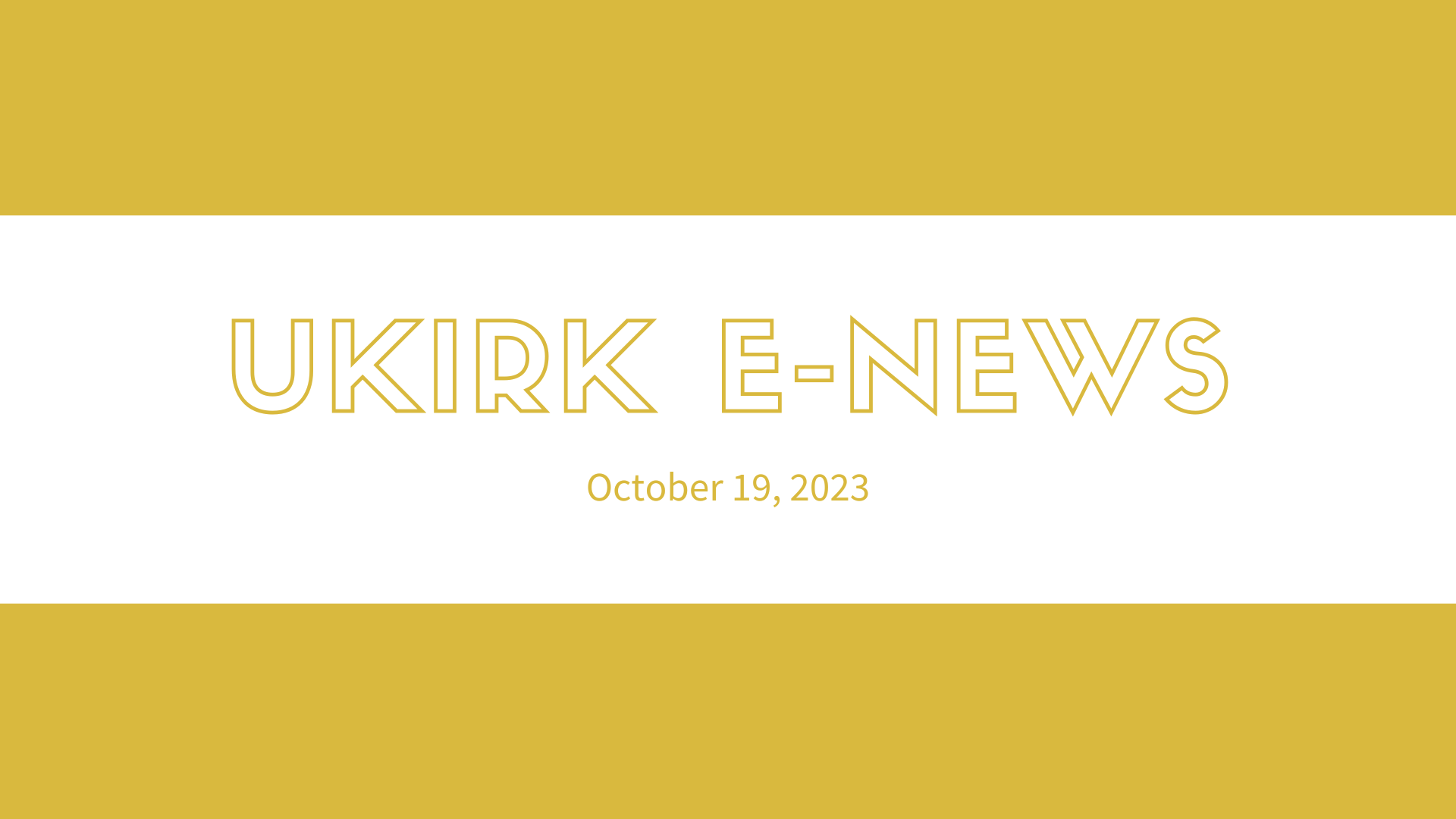Last week, I referenced the powerful words of 1 Corinthians 12:26, and am deeply aware how much more profound the invitation to “suffer with all who suffer” means after watching the unfolding violence of the war between Hamas and Israel. What does it mean to suffer with those whose family members are being held hostage? To suffer with those imprisoned by injustice? To suffer with those who are having to bury loved ones who have been killed? What does it mean to suffer with those who are imprisoned by hatred, anger, violence, and fear?
What does it mean to suffer with those for whom the wars in Israel and Gaza, Ukraine, and multiple places in Central and South America, Africa and Asia were the inevitable conclusion of generations of trauma, hatred, and pain?
The words that have been rolling around in my head most this week are from the poem “What They Did Yesterday Afternoon” by Somali British writer and poet, Warsan Shire. It reads:
they set my aunts house on fire
i cried the way women on tv do
folding at the middle
like a five pound note.
i called the boy who use to love me
tried to ‘okay’ my voice
i said hello
he said warsan, what’s wrong, what’s happened?
i’ve been praying,
and these are what my prayers look like;
dear god
i come from two countries
one is thirsty
the other is on fire
both need water.
later that night
i held an atlas in my lap
ran my fingers across the whole world
and whispered
where does it hurt?
it answered
everywhere
everywhere
everywhere.
In the coming days, may we be those who ask “What’s wrong?” and really listen to the answers given. May we pray not only for an end to violence, but a way towards peace. May we lift up our prayers and the prayers of our students and campuses, asking God to guide our hearts, our minds, our voices and our actions. May we all continue to pray with an atlas open before us, entrusting those whose pain has them folded in half both to God’s care and, as we are able, our own.
Peace, Gini

